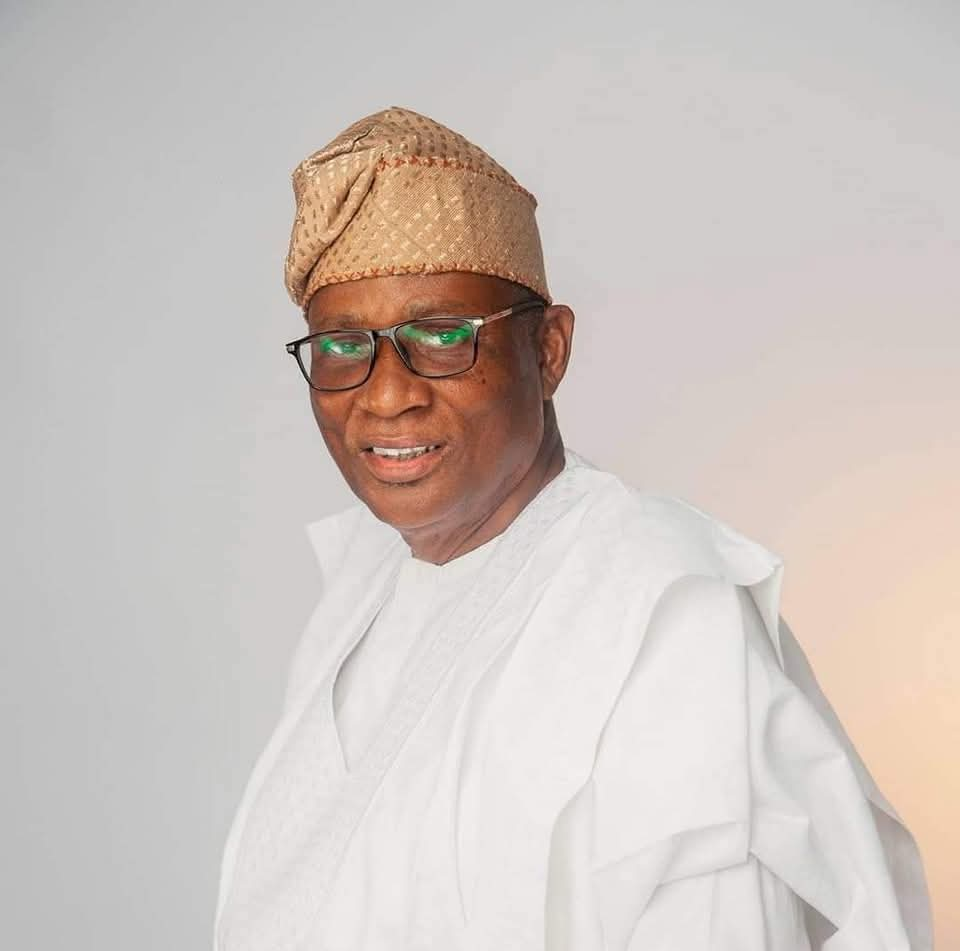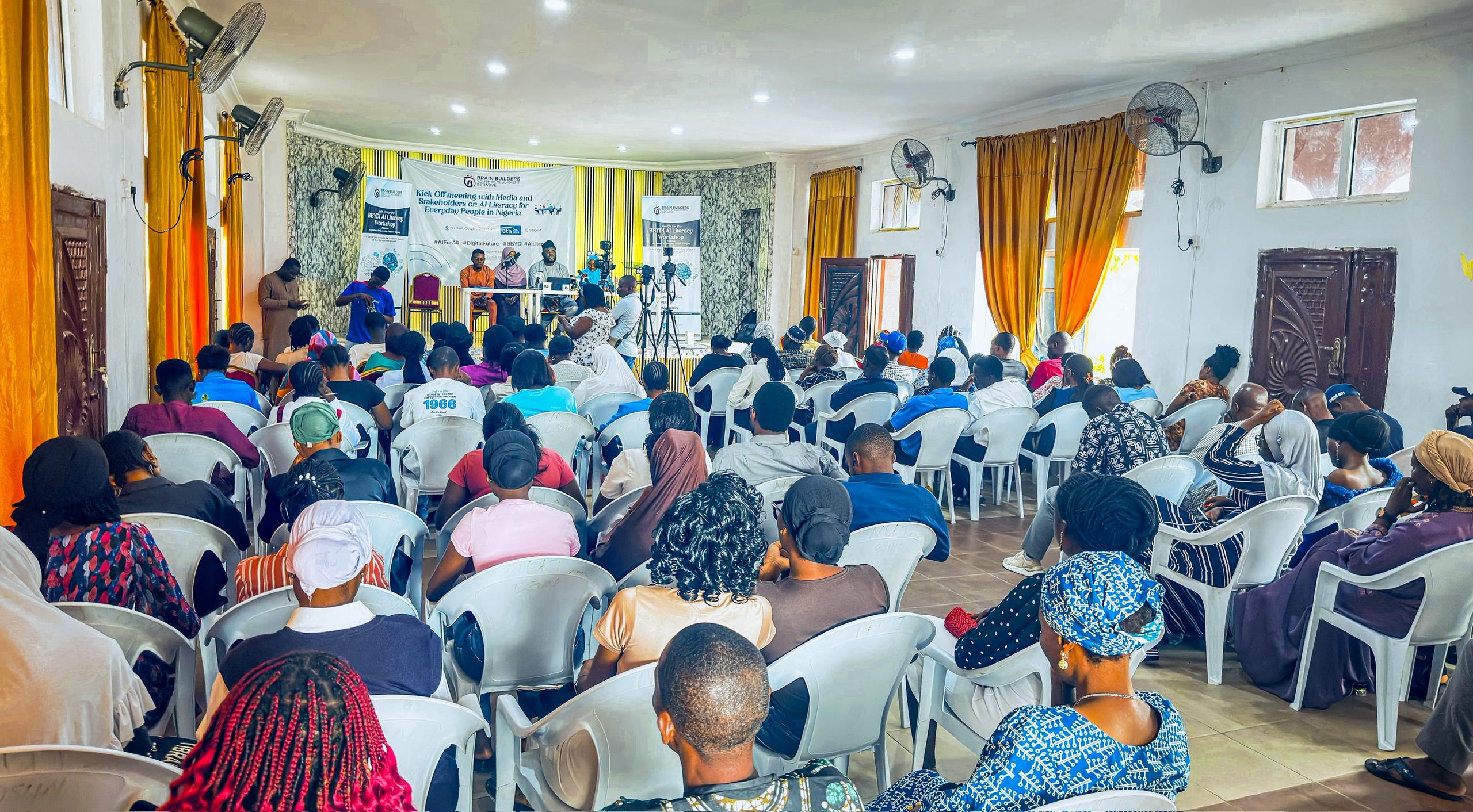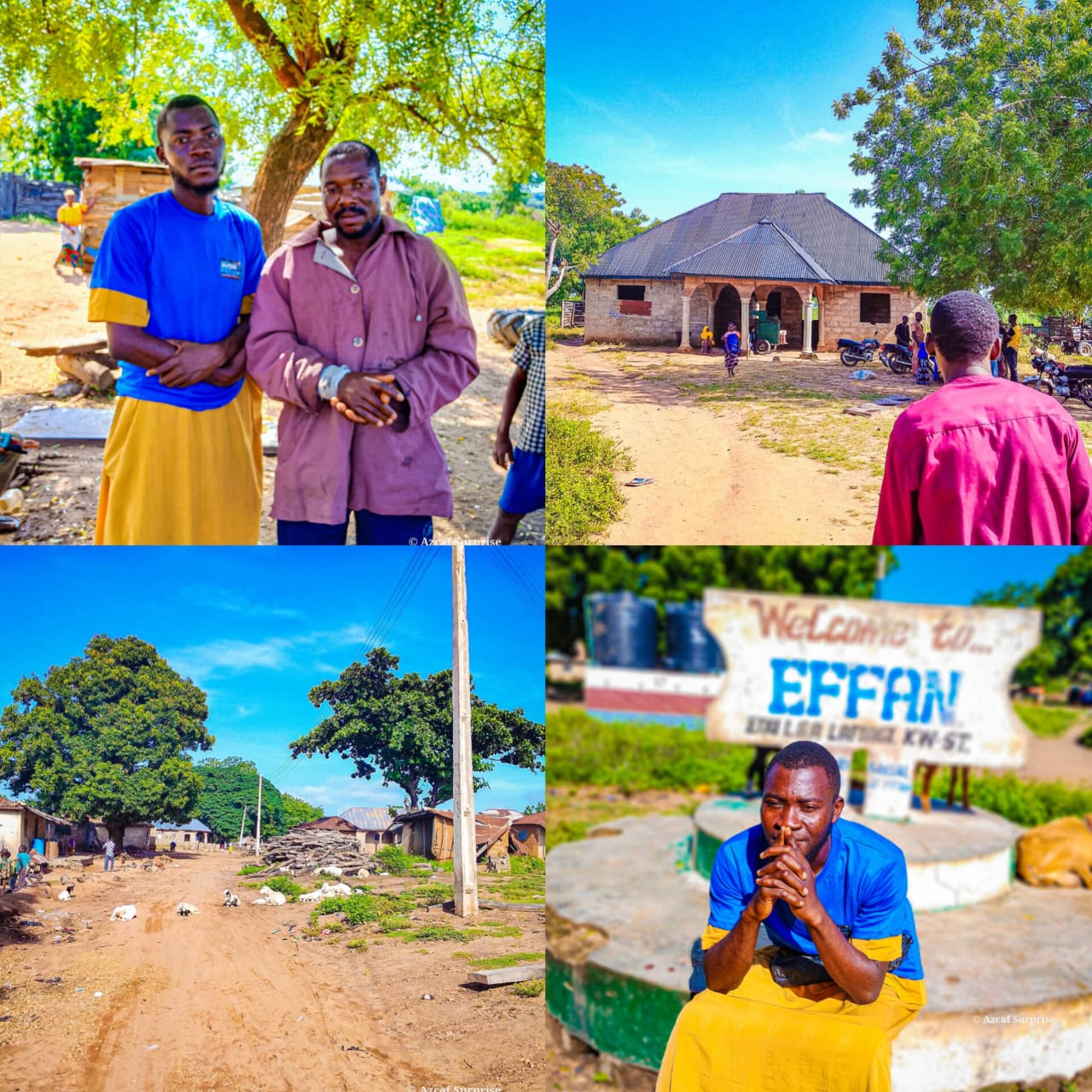
By Fatimah Bintu Dikko
Every year, Independence Day comes with the same familiar rituals: the speeches, the parades, the flag-raising ceremonies, and the songs that remind us of the sacrifices that brought freedom. It is a day of celebration, but it is also a day of reflection. Beyond the colors and the ceremonies lies a deeper question—what does independence truly mean for the ordinary people of this country, especially for the children and young people who represent our future? Have we built a nation that secures not just freedom from colonial rule, but freedom from poverty, ignorance, and injustice? These are the questions that should define our celebrations, because true independence is not measured by years but by the quality of life we provide for our citizens.
For children, independence should mean the right to a safe and nurturing childhood. Yet, in too many homes and communities, this right remains elusive. A child cannot be said to be free if they live in fear of abuse, hunger, or neglect. Too many young ones are still trapped in cycles of poverty that deny them access to quality education. Too many are forced into labor far too early, carrying loads on their heads instead of books in their hands. When we ignore these realities, we betray the promise of independence, because the freedom of a nation is meaningless if its children are shackled by suffering.
The story of independence is incomplete without looking at education. Our founding leaders understood that knowledge was a powerful weapon against oppression. They invested in schools not just as places of learning, but as tools for building a new society. Yet today, education has become one of the most glaring indicators of inequality. While some children enjoy the benefits of modern classrooms and resources, countless others sit on bare floors under leaking roofs, struggling to learn without books or trained teachers. Independence is not complete until every child, regardless of background, can walk into a classroom with the confidence that their dreams are valid and their future is bright.
Women too must be at the center of this conversation. Independence means little if half of the population is left behind. Women are the silent builders of our nation, raising families, sustaining communities, and keeping hope alive even in the hardest of times. Yet they continue to face barriers in education, employment, and political representation. A country that sidelines its women is a country walking with only one leg. If we truly want independence to translate into progress, we must create spaces where women are not just seen but heard, not just included but empowered to lead.
When we think about independence, we often focus on the past—the struggles of our heroes, the day the flag was raised, the speeches of pride. But independence must also be about the future. It must be about the kind of nation we are leaving behind for the children of today. What good is it to celebrate freedom from colonial masters if we enslave ourselves to corruption, injustice, and underdevelopment? What joy is there in waving a flag if our children are waving goodbye as they leave the country in search of opportunities we denied them? True independence should mean that our children no longer feel compelled to run away in order to thrive.
The responsibility for building a nation that works for the next generation does not lie with government alone. Communities have a duty to raise children in environments where kindness, discipline, and responsibility are nurtured. Parents have a role to play in instilling values that prepare young ones to become leaders, not just followers. Schools must teach not only academics but also character, empathy, and creativity. Religious and traditional leaders must use their influence to promote unity and protect the vulnerable rather than fueling division. Independence is not a gift we received once; it is a daily responsibility that demands collective effort.
At the same time, government must live up to its mandate. Celebrating independence without investing in healthcare, education, and infrastructure is an empty ritual. Children need functional hospitals where they can be treated when they fall ill, not excuses about lack of funds. They need safe roads to travel to school, not potholes that cut their journeys short. They need policies that protect them from abuse and exploitation, not silence that allows predators to roam free. Independence must be felt in their everyday lives, in the opportunities they can access, and in the dignity they can grow up with.
The youth of today are not just waiting for tomorrow; they are actively shaping the present. They are creative, resourceful, and determined, often succeeding in spite of the many barriers placed before them. Independence Day should be a moment to recognize and support their efforts. Government and private institutions must create opportunities for skill development, mentorship, and entrepreneurship. Instead of dismissing their voices, we must amplify them, because their energy and ideas are the fuel that can drive this country forward.
Independence is not about the absence of chains on our wrists; it is about the presence of hope in our hearts. It is about ensuring that children can laugh without fear, that women can walk without harassment, that youth can dream without limitations. It is about building a nation where justice is not for the privileged few but for everyone. It is about recognizing that every child born on this soil deserves a fair chance to live, to learn, and to lead.
As we raise our flags this Independence Day, let us not stop at celebration. Let us use the moment as a call to action, a reminder that the work of nation-building is far from finished. The sacrifices of the past should inspire us, but the faces of the children around us should challenge us. Their eyes are watching, their hearts are waiting, and their futures are in our hands. If we fail them, then independence will remain only a word. But if we rise to the challenge, then independence will be more than history—it will be a living, breathing reality that defines the daily lives of every citizen.
This is the true test of independence: not how loudly we sing the anthem or how brightly we wave the flag, but how sincerely we commit ourselves to building a nation that works for its children. For in their laughter lies our freedom, in their education lies our progress, and in their dreams lies the very soul of our independence.







